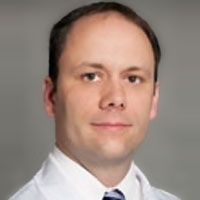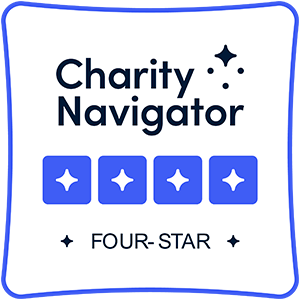Moffitt Team

Damon Reed, MDDr. Damon Reed is the Director of the Adolescent and Young Adult Program at Moffitt, the Medical Director of the Sarcoma Department at Moffitt Cancer Center and an Assistant Professor of Pediatrics at the University of South Florida. He is also an on staff as a specialty physician at All Children’s Hospital in St. Petersburg, FL. He is also the Leader of the Pediatric Cancer Foundation’s pediatric phase I consortium, the Sunshine Project. Dr. Reed’s research interests include chemotherapeutic approaches to sarcoma in the pediatric and adolescent and young adult population. He is interested in establishing relevant preclinical sarcoma models, establishing and testing biomarkers for targeted therapies and translating predictive testing and combinations of agents towards personalized medicine in sarcoma and other rare cancers. A graduate of Case Western Reserve University School of Medicine in Cleveland, OH, Dr. Reed served a combined pediatric residency program at Boston Children’s Hospital-Harvard Medical School and Boston Medical Center-Boston University School of Medicine. He completed his fellowship training in pediatric hematology/oncology at St. Jude Children’s Research Hospital. Dr. Reed has received numerous academic awards, including graduating valedictorian from Canfield High School and summa cum laude from the University of Dayton. He received the CWRU Medical Alumni Association Board of Trustees Award for Outstanding Service and Contributions to the School of Medicine and was named to the Alpha Omega Alpha Honor Medical Society. Dr. Reed is a member of several professional associations, including the American Association for Cancer Research, Connective Tissue Oncology Society and American Society of Clinical Oncology. He joined Moffitt in 2008. Letter from Dr. Reed |

Shari A. Pilon-Thomas, PhDA major goal of my research is to investigate approaches that overcome melanoma-mediated T cell suppression. Much of my research on the anti-melanoma activity of combined lymphopenia and immunotherapy. Based on the hypothesis that regression of established melanoma will require multiple immunotherapeutic approaches for the induction of effective anti-tumor T-cell activity, my scientific research aims to implement therapies for the induction of potent anti-tumor T-cell responses against melanoma. We aim to achieve this by: 1. Investigating experimentally the mechanisms of immune regulation induced after lymphopenia; 2. Examining the efficacy of DC-based vaccination in the setting of lymphopenia by transfer of T cells enriched in CD8+ memory T cells; and 3. Determining the efficacy of dendritic cell vaccination and CpG adjuvant therapy in combination with irradiation and adoptive T-cell transfer in a murine melanoma model. We have outlined experimental studies that are designed to continue successful preclinical efforts to generate immunization strategies against melanoma. These findings could be translated to human clinical immunotherapeutic trials. We are also is investigating the effectiveness of radiation therapy followed by T-cell transfer and dendritic cell immunotherapy for treatment of established melanoma with the goal of defining the potential of combining radiation or chemotherapy and immunotherapy for treatment of melanoma. Letter from Dr. Pilon-Thomas |

Amod Sarnaik, MDDr. Sarnaik's primary research interest involves investigation of novel immunotherapeutics in the treatment of melanoma. This includes tumor-based vaccines, immune-activating antibodies, targeted inhibition of oncogenic proteins, and autologous T cell therapy. Letter from Dr. Sarnaik |



